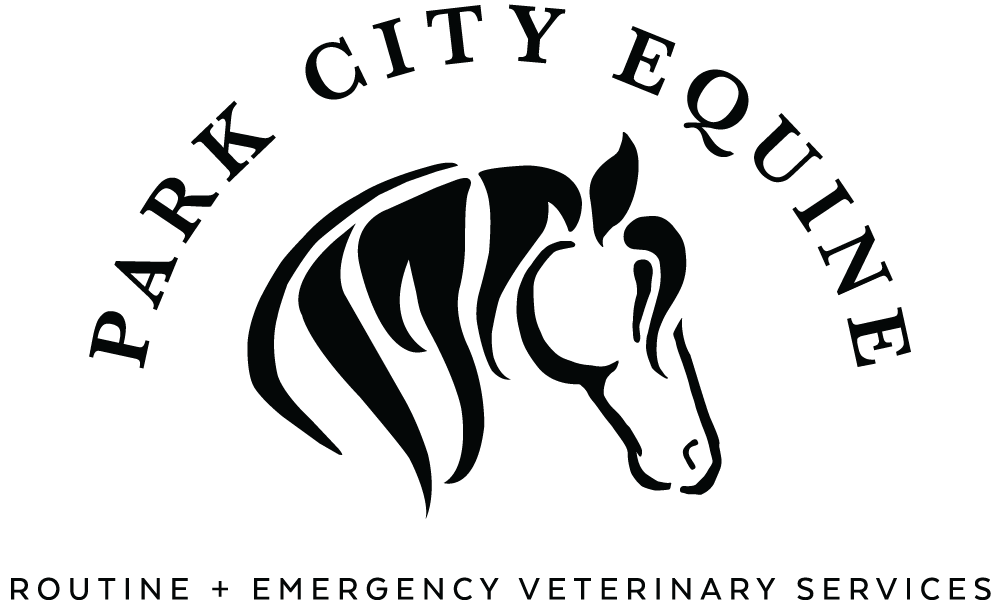Equine Internal Parasites & Deworming Common Questions
Common questions about equine internal parasites and deworming — Blair Lybbert, DVM
What are the different types of dewormers?
Check labels for the active ingredient.
Common deworming medications include fenbendazole, ivermectin, moxidectin, pyrantel, and praziquantel.
Several brands feature praziquantel combined with ivermectin or moxidectin for broader coverage.
Each active ingredient works differently and each targets slightly different species and/or life stages of internal parasites.
Why don’t some deworming medications work?
Insufficient dose (determined by weight) of medication was administered.
Existing parasite population has developed resistance to effects of a given dewormer.
Dewormer administered doesn’t effectively target all species, life stages, or locations (for example, migrating large strongyles and encysted small strongyles)
Horse didn’t swallow enough of the medication (mouth wasn’t completely empty of feed material, or the horse simply spat it out).
How do dewormers work? Why do some stop working?
Dewormers affect cellular energy production, nervous system functionality, and/or muscle cell activity in parasites. These methods lead to paralysis within the horse and/or death of the parasite. Paralyzed parasites will eventually die within the horse or be passed with the manure because they can not cling to the wall of the digestive system.
Most dewormers work to change how cell walls function. If very specific structures embedded within the cell wall are compromised, the parasite can not function properly and will not be able to survive.
Some populations of parasites (within certain species) evolve to circumvent how a specific class of dewormer works. Every time a horse is dewormed there are a few surviving parasites. One reason some of these survived is because the active ingredient in that particular deworming product was ineffective against the specific cell wall structure it is meant to target; the structure was slightly modified in the survivors. Those few survivors have a slight variation that makes them immune to that drug. These survivors reproduce, thus producing offspring who also have an insensitivity to that specific drug.
What about young, old, thin, debilitated or heavily parasitized horses?
Always seek out veterinary advice for such horses.
Deworming a heavily parasitized horse inappropriately can cause serious harm.
Horses with small amounts of body fat are more susceptible to side effects from some deworming medications.
Young horses tend to have different parasite populations than do mature horses, therefore appropriate dewormer selection is especially important.

